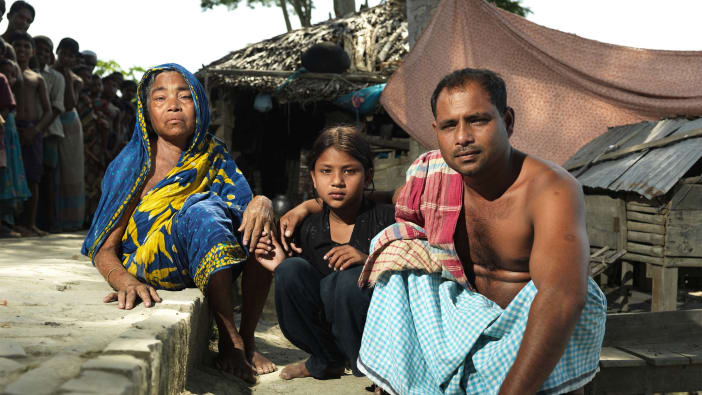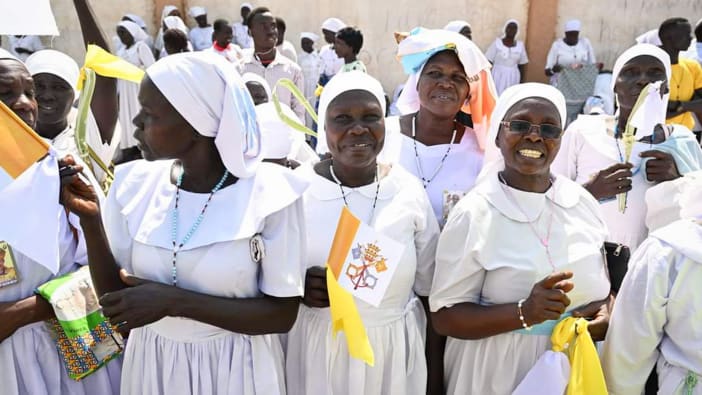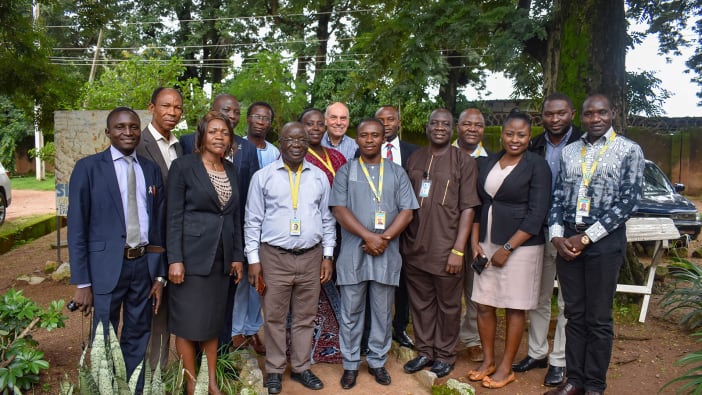Bino Makhalanyane is one of the young people at the forefront of the Green Anglicans movement in Southern Africa. Here he tells us what inspired him to get involved, and how he is motivating other young people to take action.
Interviews
Interview: Unstoppable
Motivating young people to take environmental action
2019 Available in English, French, Portuguese and Spanish

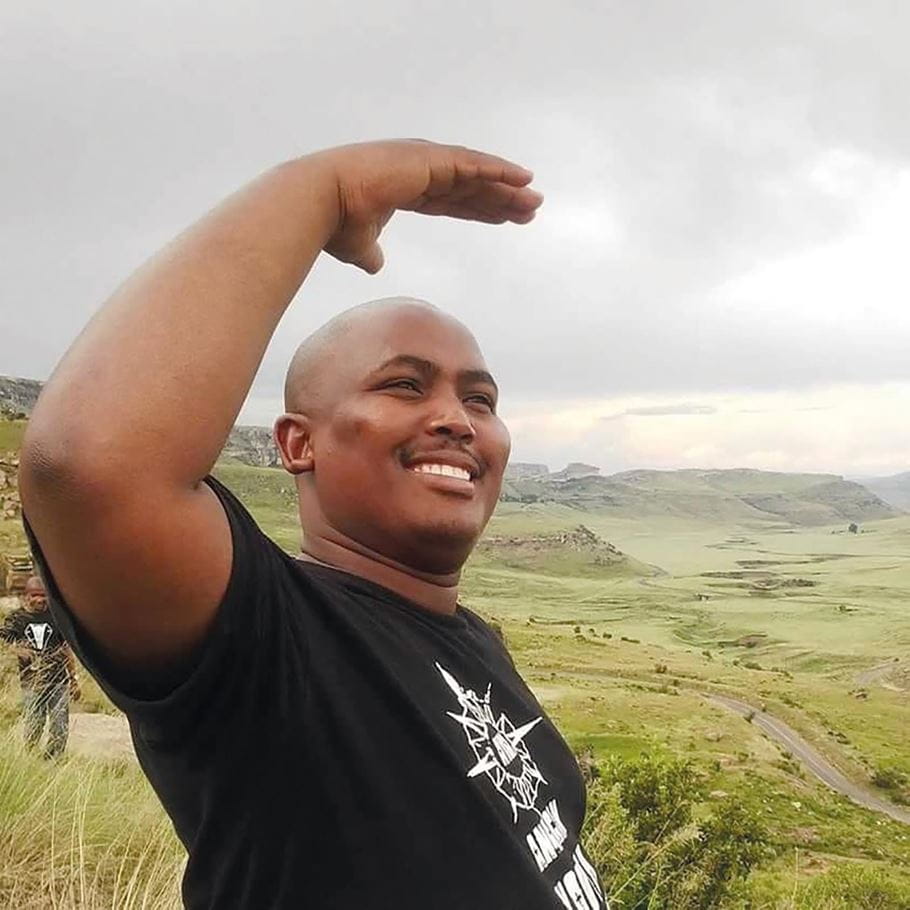
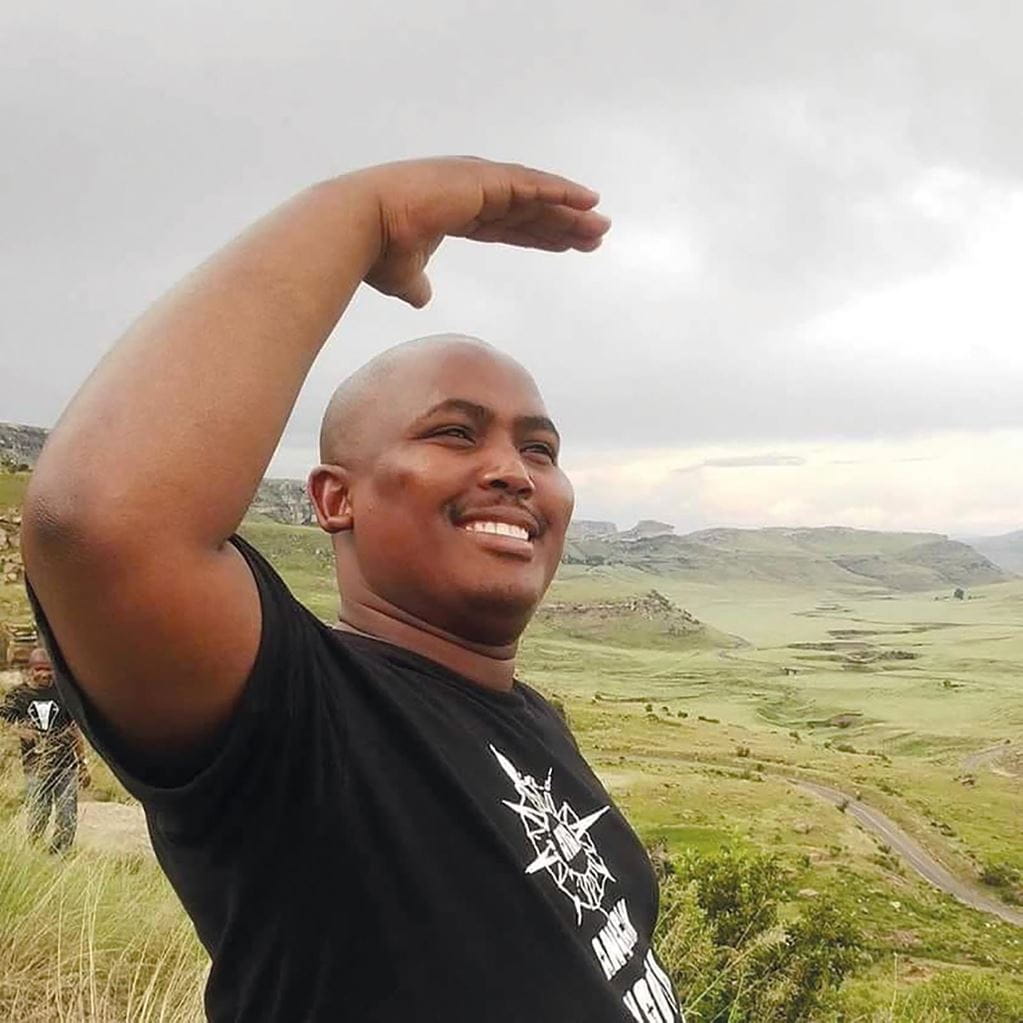
Bino Makhalanyane enjoying the beauty of creation in South Africa. Photo: Melita Lefuthane
Please tell us about yourself and how you got involved with Green Anglicans.
I grew up in a small mining town in Free State, South Africa. After university I worked for the local Anglican diocese and in 2014 I was elected Provincial Youth President for the Anglican Church of Southern Africa.
In 2016 I had the opportunity to go to a Young Green Anglicans conference in Zambia. This was a turning point for me. I heard from my African brothers and sisters about how climate change is affecting us all, and how we need to take action. I realised that we are called to look after God’s earth (Genesis 2:15), and to do what we can to heal the wounds that have already been inflicted on it. In 2018 I joined the Green Anglicans movement as Provincial Youth Coordinator.
How do you motivate other young people to take action?
Working with young people can be difficult, but I try to remember that it is not about me and my ideas. I encourage them to try out their own ideas, in their own way.
Young people are full of energy and fun, so I try to make my time with them fun as well. For example, I might organise a beach clean-up, but I always allow plenty of time for relaxing and playing as well. As I get to know them better, they become more willing to get involved.
I always make it clear that I am not here to tell them what to do. I am a peer supporter, encouraging other young people to make a difference. My role is to plant seeds in people’s lives which will grow into an unstoppable green movement for God.
What are some of the challenges you face?
Southern Africa has a high unemployment rate among young people. Even those who have a university qualification often find themselves with no job. Or they might have to settle for a low-income job in order to survive.
As a movement we are questioning certain industries (mining, for example) where many people work. It is difficult for young people to call for change and speak out against pollution when the same industries are providing jobs for them.
If they are struggling to earn enough money, they sometimes feel that climate change is just another thing to worry about. This can stop them from taking action.
A lot of young people choose not to vote in elections because of broken promises from politicians. We encourage them to use their votes to make a difference, and to speak out about the things that matter to them.
What are the opportunities young people have, which previous generations perhaps didn’t have?
Our generation has the opportunity to reduce the impact of climate change. With current knowledge, science and technology, we have the chance to do things differently.
We need people to put pressure on governments not only to change policy, but to implement it. Unlike in the past, we now have freedom of speech and protest, and if we use social media well, we can raise our voices across countries, continents and the world. This means that politicians will have to start listening to us.
We can live differently, influence others and campaign for change. It is not too late to do something about climate change, but it soon will be if we do not act now.
For more information, send Bino an email: [email protected]
View or download this resource
Get this resource
Get this resource
Similarly Tagged Content
Share this resource
If you found this resource useful, please share it with others so they can benefit too.

Subscribe to Footsteps magazine
A free digital and print magazine for community development workers. Covering a diverse range of topics, it is published three times a year.
Sign up now - Subscribe to Footsteps magazine




